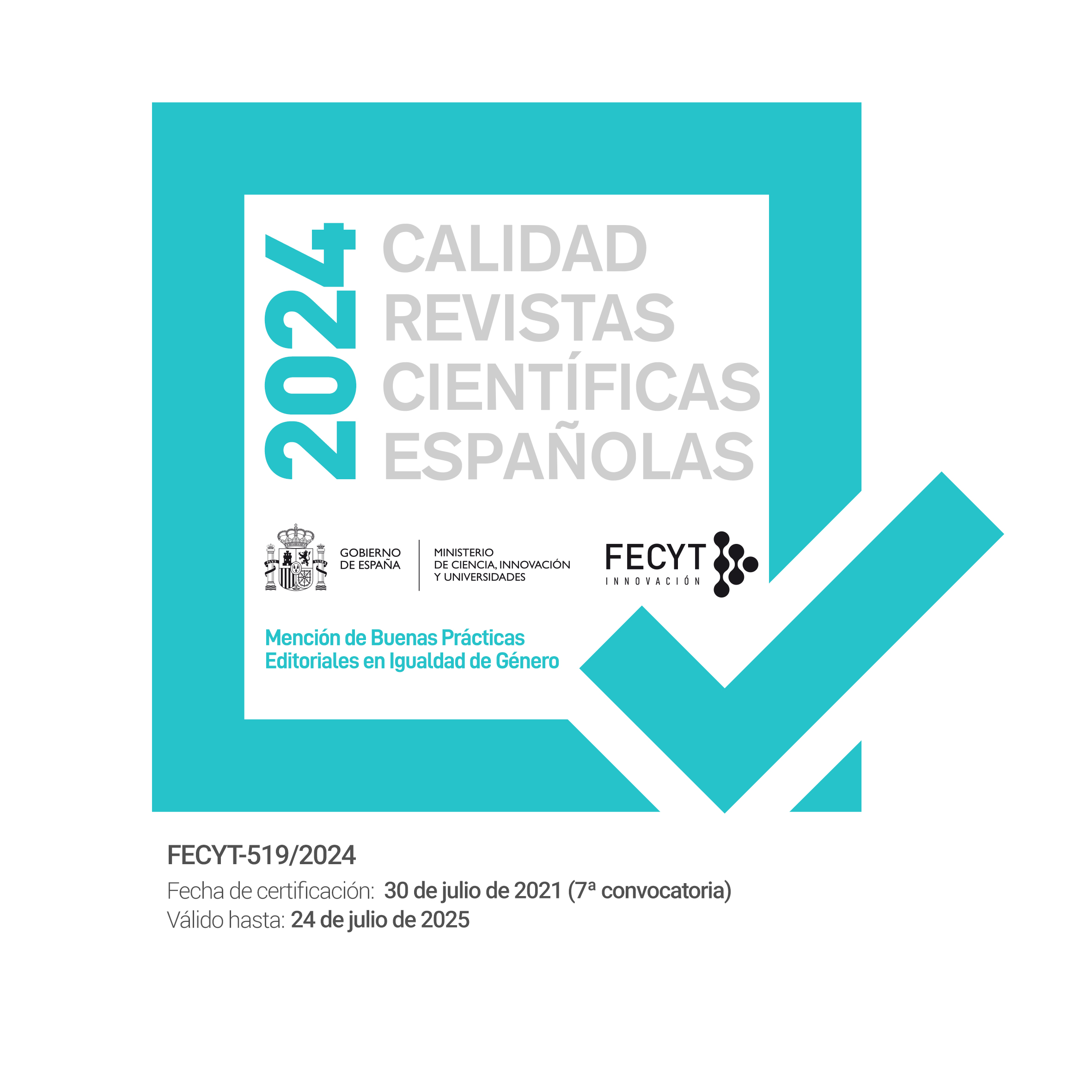TELL-ING IT LIKE IT IS: Practical implications from a critical stance on technology-enhanced language learning
Palabras clave:
technology-enhanced language learning, cognitive grammar, SpanishResumen
This paper presents a critical stance in the face of the technology-enhanced language learning (TELL) hype in higher education (HE). This hype, largely driven by institutional – instrumental and financial – imperatives has come under increasing scrutiny in recent times. Indeed, emerging discourses surrounding the broader context of technology-enhanced learning question the focus on technology-led innovation rather than pedagogy-led innovation as well as a number of scholarly aspects that remain largely undertheorised (cf. Bayne, 2014; Kirkwood & Price, 2013, 2014). In this paper we thus set out to articulate the challenges we face as language educators in the HE context and, in so doing, bring to light the glaring methodological gap that emerges from these. This discussion is complemented by practical examples from ongoing curricular innovation in intermediate Spanish language courses. These practical examples illustrate the pedagogical strategies we have implemented to respond to these challenges critically, but also, creatively. These strategies integrate theoretical principles from cognitive grammar (cf. Llopis-García, 2011) and an affective engagement approach to address specific pedagogical concerns that have emerged in these courses.
Descargas
Descargas
Publicado
Cómo citar
Número
Sección
Licencia
Aquellos autores/as que tengan publicaciones con esta revista, aceptan los términos siguientes:
- Los autores/as conservarán sus derechos de autor y garantizarán a la revista el derecho de primera publicación de su obra, el cuál estará simultáneamente sujeto a la Licencia de reconocimiento de Creative Commons que permite a terceros compartir la obra siempre que se indique su autor y su primera publicación esta revista.
- Los autores/as podrán adoptar otros acuerdos de licencia no exclusiva de distribución de la versión de la obra publicada (p. ej.: depositarla en un archivo telemático institucional o publicarla en un volumen monográfico) siempre que se indique la publicación inicial en esta revista.
- Se permite y recomienda a los autores/as difundir su obra a través de Internet (p. ej.: en archivos telemáticos institucionales o en su página web) antes y durante el proceso de envío, lo cual puede producir intercambios interesantes y aumentar las citas de la obra publicada. (Véase El efecto del acceso abierto).

Revista de Lenguas para fines específicos is licensed under a Creative Commons Reconocimiento-NoComercial-SinObraDerivada 4.0 Internacional License.























